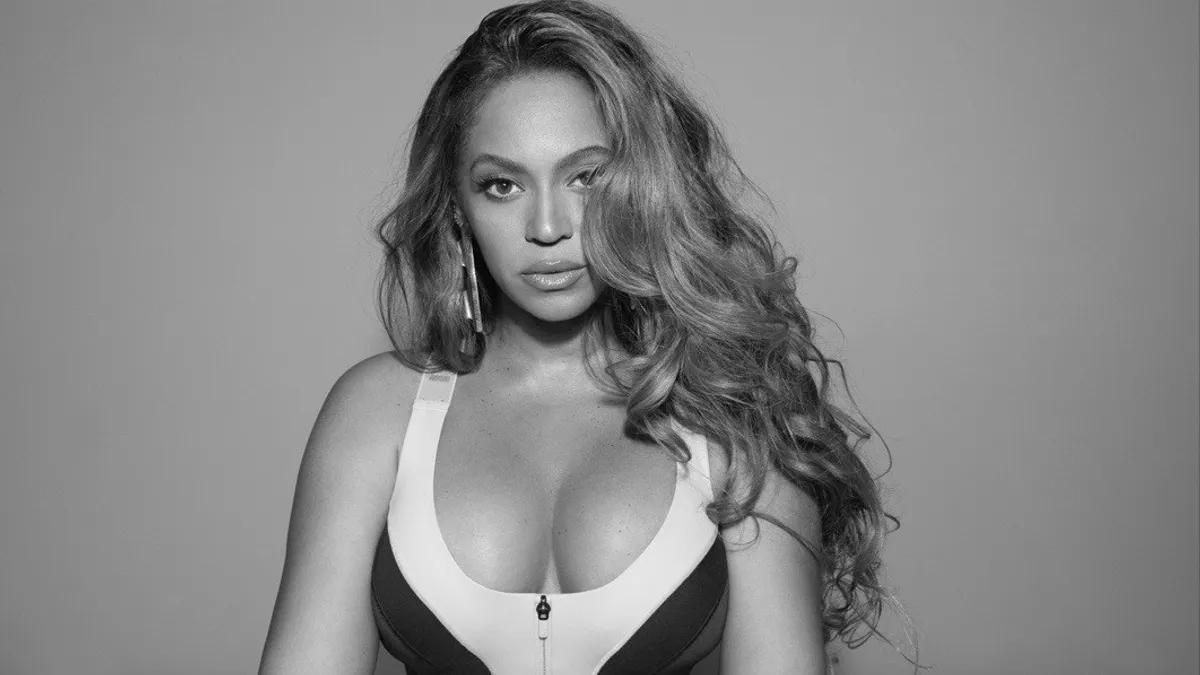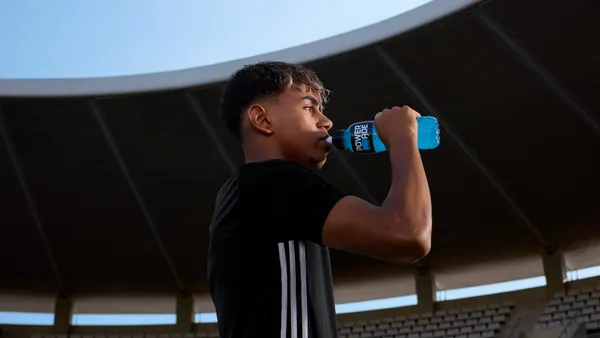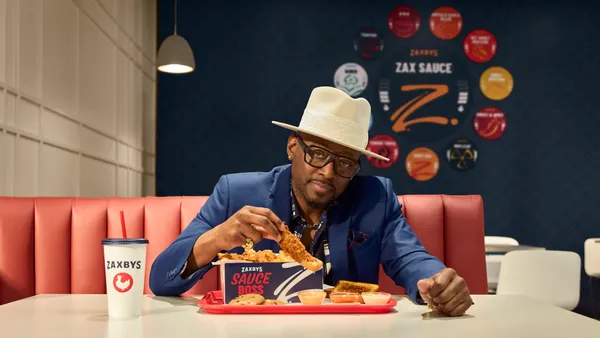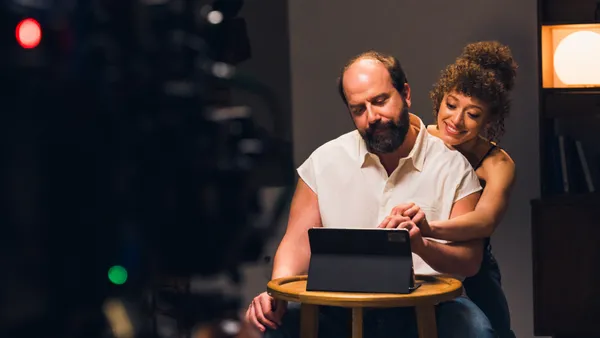Dive Brief:
- Peloton signed a multiyear partnership with Beyoncé, the most-requested artist from the fitness marketer's community of 3.6 million members, to develop custom digital content and "pro-social initiatives," according to a press release.
- As part of the rollout, Beyoncé and Peloton designed themed workouts centered around homecoming for Historically Black Colleges and Universities (HBCUs) that have had to shift festivities online due to the coronavirus. Students at 10 HBCUs will receive the gift of a two-year membership to Peloton Digital that includes the platform's full library of classes, which are accessible through the Peloton App and do not require equipment.
- Peloton plans to work with its partner schools on longer-term recruiting, and Beyoncé, who is a longtime Peloton member, will continue to curate classes across workout disciplines in the coming months. The celebrity tie-up could sustain the interest of Peloton users when gyms start to open back up, while creating a pipeline for the marketer to hire more diverse talent.
Dive Insight:
Peloton linking with a superstar like Beyoncé shows the company pushing to seize on a boom in at-home fitness that has emerged under the pandemic and as many gyms remain closed. Initial work with the Grammy-winning artist centers on the theme of homecoming, which was the title of Beyoncé's 2019 Netflix concert film that shined a light on the cultural significance of HBCUs.
Beyond tapping into the clout of a musician popular in the Peloton community, the multiyear partnership opens a channel for the fitness marketer to further its diversity and inclusion initiatives. Peloton will leverage its connections to HBCUs like Bennett College, Clark Atlanta University and Howard University to hire at both the internship and undergraduate level, according to the release.
Providing free programming for students at HBCUs suggests Peloton is also looking to broaden its subscriber base and net more young consumers. Entry level costs for Peloton equipment can be prohibitive — the brand's staple stationary bike runs north of $2,000 — particularly for people not yet in the workforce. The company has been criticized in the past for largely catering to the wealthy.
As protests against racial injustice surged around the U.S. over the summer, Peloton chief executive John Foley outlined a five-point agenda around tackling inequity that included democratizing "access to fitness, and bring health and wellness to all communities" and addressing Peloton's "job opportunity gap." The company pledged to invest $20 million in learning and development programs as part of the plan, as well as $60 million to increase the wages of its hourly workforce.
Despite some headwinds, Peloton has proved to be a big winner of the pandemic. Following a shaky public debut last fall, Peloton has experienced considerable upward momentum as homebound consumers seek ways to stay fit.
Business has been good enough that Peloton paused cancellable advertising in most of its major markets back in March, when the coronavirus first roiled the U.S. The company has since restructured its marketing organization, and in August appointed Dara Treseder as senior vice president, head of global marketing and communications.
In first-quarter earnings reported earlier this month, Peloton saw sales of its equipment up a whopping 232% year-on-year. However, its stock took a hit this week on positive news around the development of an effective COVID-19 vaccine. If gyms open back up again in the near future, Peloton will need to be more aggressive and innovative with its marketing to retain its at-home member base. Teaming with Beyoncé could be an important first step.















